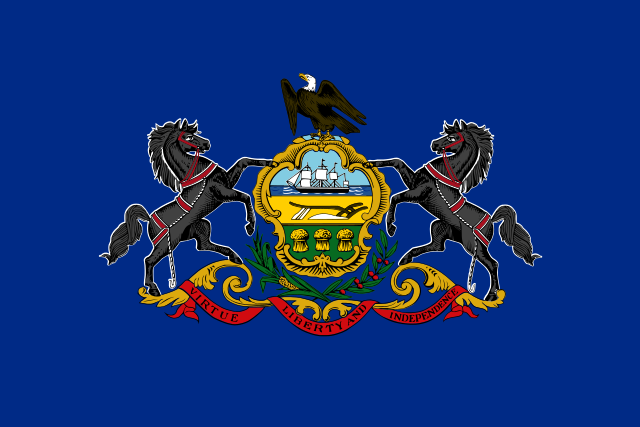A Pennsylvania representative is planning to introduce a bill in January that would levy a 3.5 percent tax on companies that frack in the state. The revenues – estimated to be $400 million annually – would then go to paying down the Public School Employees’ Retirement System’s (PSERS) unfunded liabilities.
From Main Line Media:
The way state Rep. Kate Harper sees it, a shale tax could ensure drillers are paying their fair share and help solve the state’s pension crisis at the same time.
Harper, R-61, began circulating a memo Dec. 17 to get co-sponsors for a bill she plans to introduce in January calling for a 3.5 percent shale tax, with the proceeds estimated at $400 million annually, going toward the state’s $32 billion unfunded Public School Employees’ Retirement System liability.
“If we don’t get pensions under control, everybody’s school taxes are going up,” Harper said. “My bill adds a severance tax to the existing impact fee and uses it for education, specifically pensions.
“I believe the majority of Pennsylvanians are OK with fracking,” she said, but they want two things: regulation of the industry to ensure the water stays clean; and, if the money is needed that the drillers pay their fair share.
The bill is similar to one introduced last session by state Rep. Madeleine Dean, D-153, that Harper co-sponsored but didn’t even get out of committee, in that it would keep the current impact fee in place, she said.
Those fees are used to address infrastructure and other impacts in communities where drilling takes place, and to contribute to several statewide environmental programs, a press release from Harper says. So far, the impact fee has generated more than $630 million.
[…]
“If the tax is too high we will lose jobs, so I’m trying to have them pay at a reasonable level and not discourage them so they leave the state,” Harper said. The 3.5 percent tax she is proposing “is not onerous on the drilling industry” and “compares favorably with the 5 percent tax in West Virginia,” she said.
PSERS was 63.8 percent funded as of June 30, 2014.
